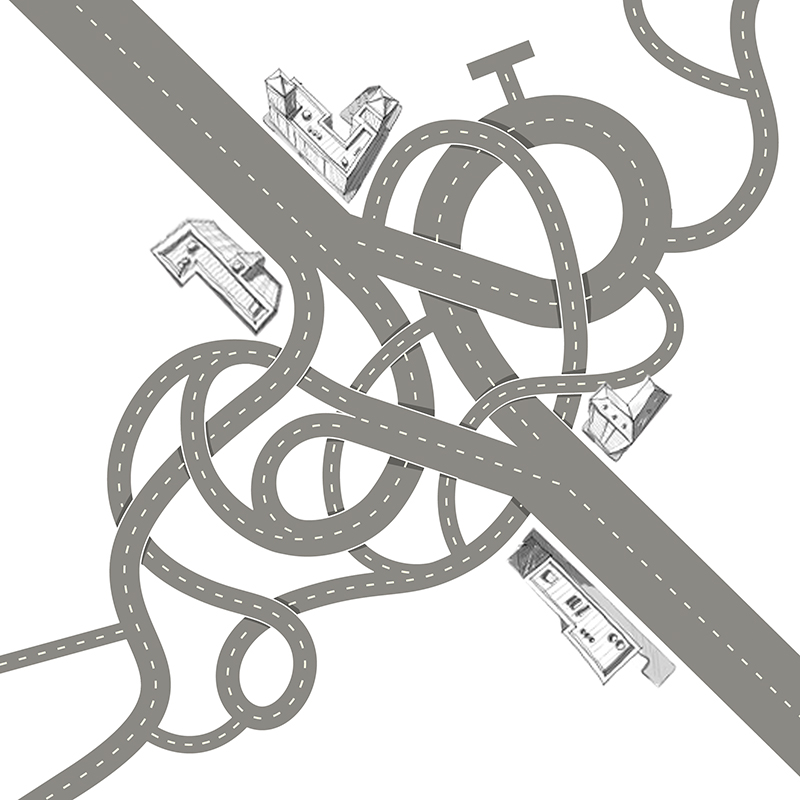
Sam Cherry advocates streamlining title investigation
The conveyancing profession has always had to walk a difficult line in carrying out its day-to-day activities in property transactions. Not only are conveyancers required to be expert in all aspects of property related law, but they have a duty of care to everyone in the transaction (or so it seems). It can easily be the case that, despite a firm’s intentions to act in their client’s best interests, under outcomes-focused regulation, they can still be held liable for issues that arise. This responsibility, coupled with increasing regulation and compliance requirements, downward pressure on fees and on-going problems with access to lender panels, makes the conveyancing landscape more than a little challenging.
How to compete
So how do conveyancers compete and protect themselves and their clients in this environment, while continuing to add value to the conveyancing process? There have been many attempts to evolve/improve the conveyancing process over the last decade with some success, but the reality remains that it still takes approximately two to three





.tmb-mov69x69.jpg?sfvrsn=961ae4db_1)
95ca96e3d47f4eff8d147c4f0df17c77.tmb-mov69x69.png?sfvrsn=3db5d86b_1)

